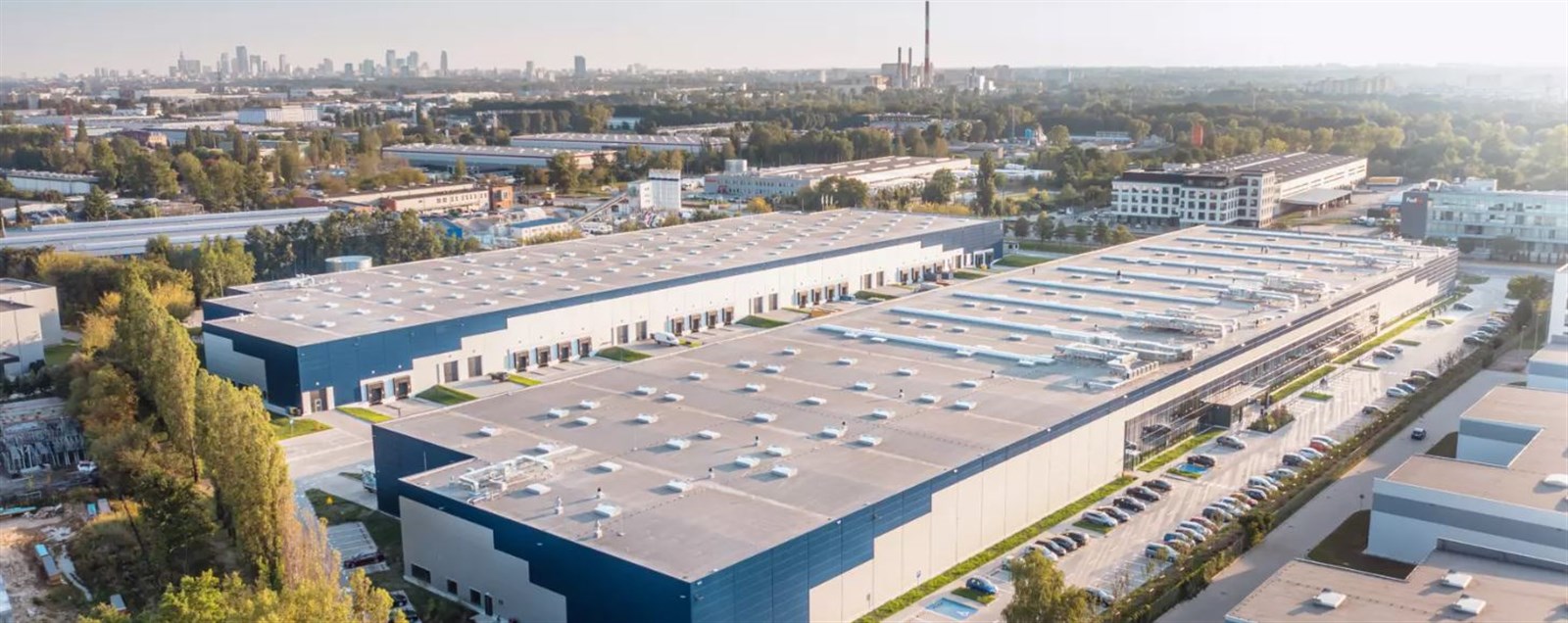Panattoni summarizes investment financing in 2023
 Panattoni presents its investment financing for 2023. In Poland, the company obtained 29 bank loans for development projects in Poland worth a combined sum of more than EUR 800 mln.
Panattoni presents its investment financing for 2023. In Poland, the company obtained 29 bank loans for development projects in Poland worth a combined sum of more than EUR 800 mln. “In 2023, we were granted EUR 801 mln in bank loans for the development of 29 investment projects. This demonstrates the confidence financial institutions have in our operations and also confirms the solid fundamentals of the industrial real estate market in Poland,” comments Karina Trojańska, the Chief Financing & Operating Officer at Panattoni “Our developments are attractive to both Polish and international banks and warehousing projects remain some of the most attractive of investment assets for financiers,” she adds.
Last year, the developer won loans from twelve banks, namely Aareal Bank, Alior Bank, Bank Gospodarstwa Krajowego, Bank Pekao, Berlin Hyp AG, BNP Paribas Bank Polska, Credit Agricole, Erste Bank, mBank, Millennium Bank, PKO Bank Polski and Santander Bank Polska. The projects financed with bank loans include a development for the H&M Group in Panattoni Park Poznań A2, industrial parks such as Panattoni Park Bytom, Panattoni Park Lublin II, Panattoni Park Lublin IV in Świdnik, Panattoni Park Nadarzyn II, Panattoni Park Ruda Śląska V, Panattoni Park Sosnowiec III, and Panattoni Park Tricity East V near the Port of Gdańsk, as well as BTS developments including the Action distribution centre in Zakroczym, the Fortaco production plant in Knurów and the Poczta Polska logistics centre in Radzymin.
Financing with an eye on sustainability
The financial sector is rapidly changing its operations to meet the requirements defined by the European Union legal framework that has arisen from the European Green Deal with the goal of cutting emissions to zero by 2050. The risks related to sustainable development and in particular the risks of climate change have become the main issue of interest to the EU institutions that shape the regulations and guidelines governing the financial sector including such bodies as the European Commission (EC), the European Banking Authority (EBA), the European Securities and Markets (ESMA) and the European Central Bank (ECB).
For this reason, both financial institutions and their partners – including Panattoni – are required to be assessed for their compliance with current ESG standards and the effect these factors have on their business models.
“Projects have been promoted that stand out due to their high level of energy efficiency, their use of renewable energy sources and their innovative environmentally-friendly solutions. Under current standards, those awarded green loans are encouraged to apply advanced technology to reduce CO2 emissions, manage waste and apply for environmental construction certificates such as BREEAM with a rating of Excellent. Panattoni fulfils these requirements and is also committed to the criteria of the EU taxonomy. As the most active developer in the world, the company plays an indisputable role in making the sector the top ranked preference of the banks that finance real estate in the CEE region,” explains Karina Trojańska.
